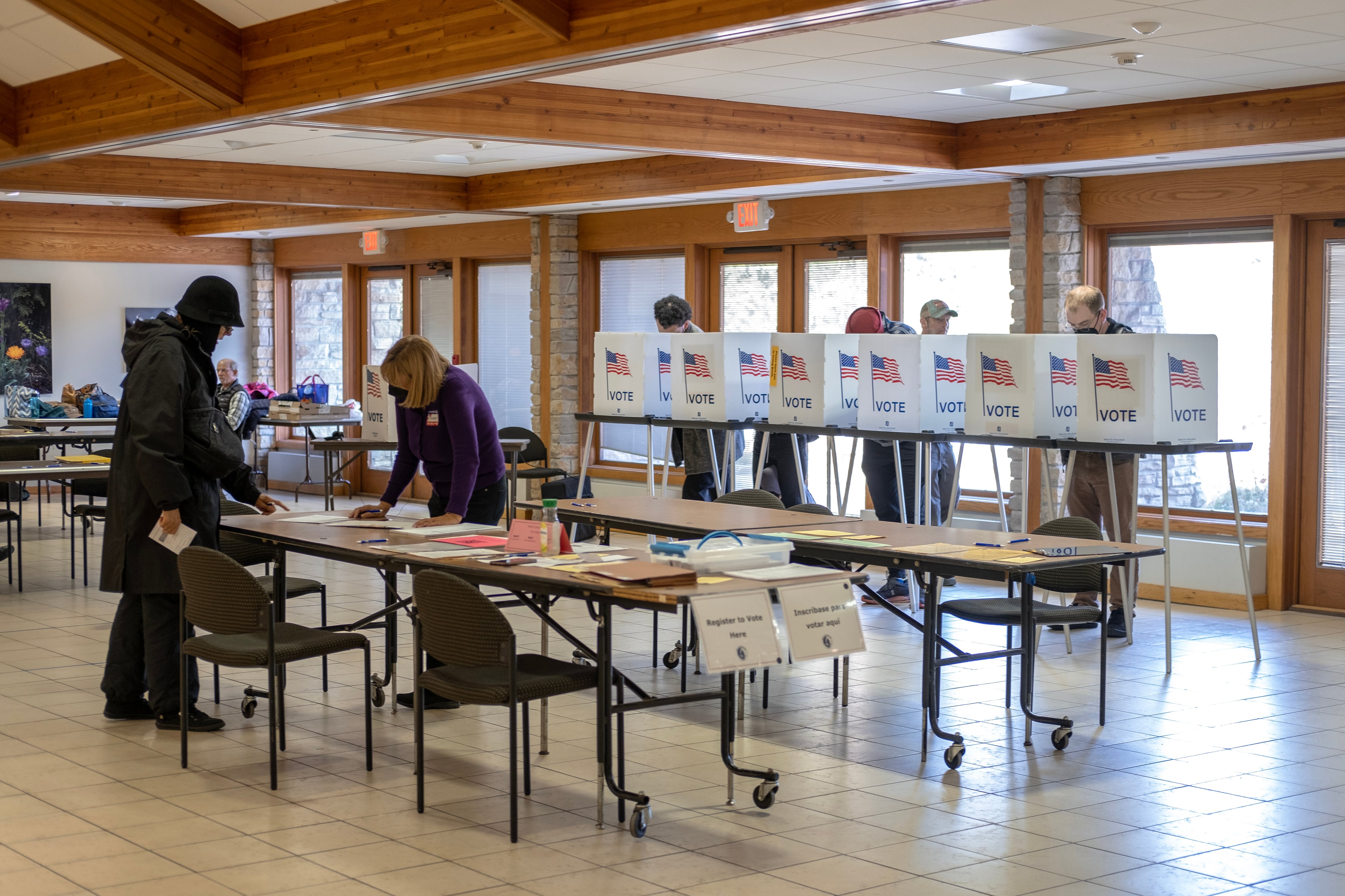Exciting news! Votebeat will soon be adding Wisconsin to our coverage area, with the hiring of a new local reporter there.
This is a critical time to cover voting in Wisconsin — a pivotal 2024 swing state that conspiracy theorists and hyper-partisans have affixed a target to. Former President Trump and Republicans want to win the state back, and one strategy has been to rewrite the voting rules from the policies of 2020, when Democrats won by a narrow margin. Court decisions and new laws since then have changed many rules, like outlawing drop boxes and tweaking the witness requirement for absentee ballots. Those debates continue in unpredictable ways — and with the Supreme Court’s new liberal majority, many rules may still change in 2024.
That kind of environment calls for Votebeat’s specialized journalism, aimed at helping people understand elections so they can participate in strengthening them. And thanks to generous supporters such as The Joyce Foundation, Moriah Fund, and Square One Foundation, we’re able to launch the coverage we’ve long wanted to bring there.
Much recent coverage in the state has focused on the disputes in the capital between the Republican-majority legislature and the state’s Elections Commission — climaxing most recently with an attempt to oust the state’s chief election official — and on conservatives’ conflict with the state Supreme Court as it revisits key voting decisions.
Votebeat will dive deeper — zooming in on the effect those fights have on the more than 1,800 local clerks and their ability to run elections for their communities of voters. We’ll also help voters stay up to date on what the rules of elections actually are, so they can fully participate.
Votebeat is no stranger to Wisconsin, having mobilized two reporters there in 2020 to cover election issues in partnership with Wisconsin Watch during our pop-up experiment in covering elections in a whole new way.
If this kind of mission-driven journalism sounds exciting to you or a talented journalist you know, you can apply here. Votebeat’s small team, again partnering with Wisconsin Watch, is tight-knit and energized, and we can’t wait to bring another talented journalist into our fold.
Hearing from readers who care about elections in Wisconsin will be crucial to our coverage. We want to start the conversation now. If you have ideas for us, you can reach us here. You can also sign up here to get updates about our launch.






